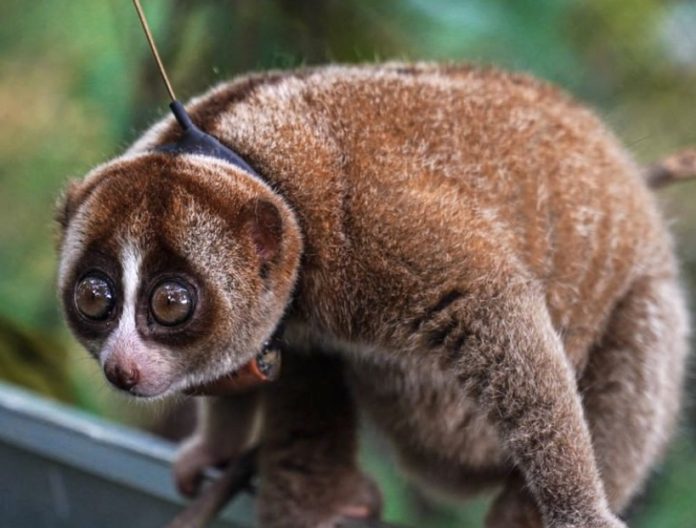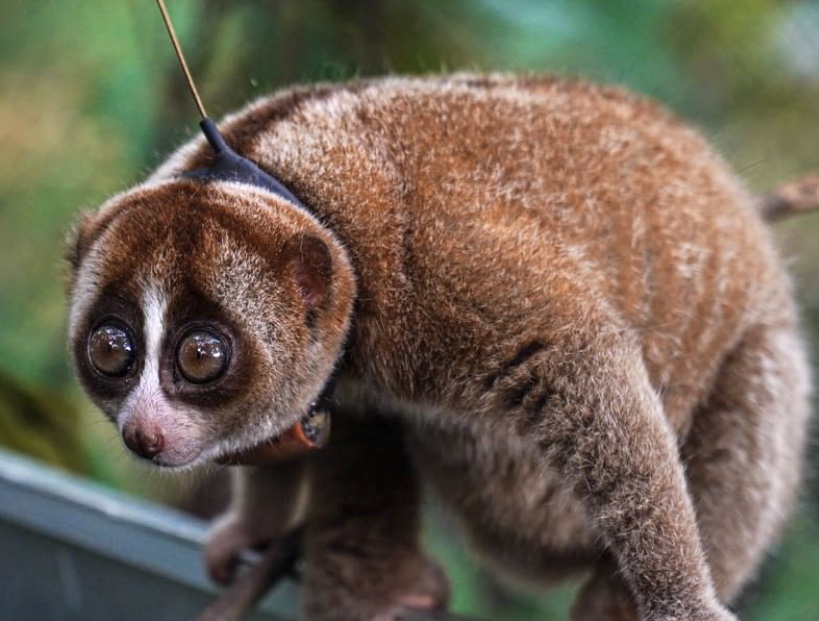
Thirteen Slow Lorises Return To Their Home In The Sumatran Rainforest After Being Rehabilitated By International Animal Rescue
You can help all animals and our planet by choosing compassion on your plate and in your glass. #GoVeg

 Photo By: International Animal Rescue
Photo By: International Animal RescueYou can help all animals and our planet by choosing compassion on your plate and in your glass. #GoVeg